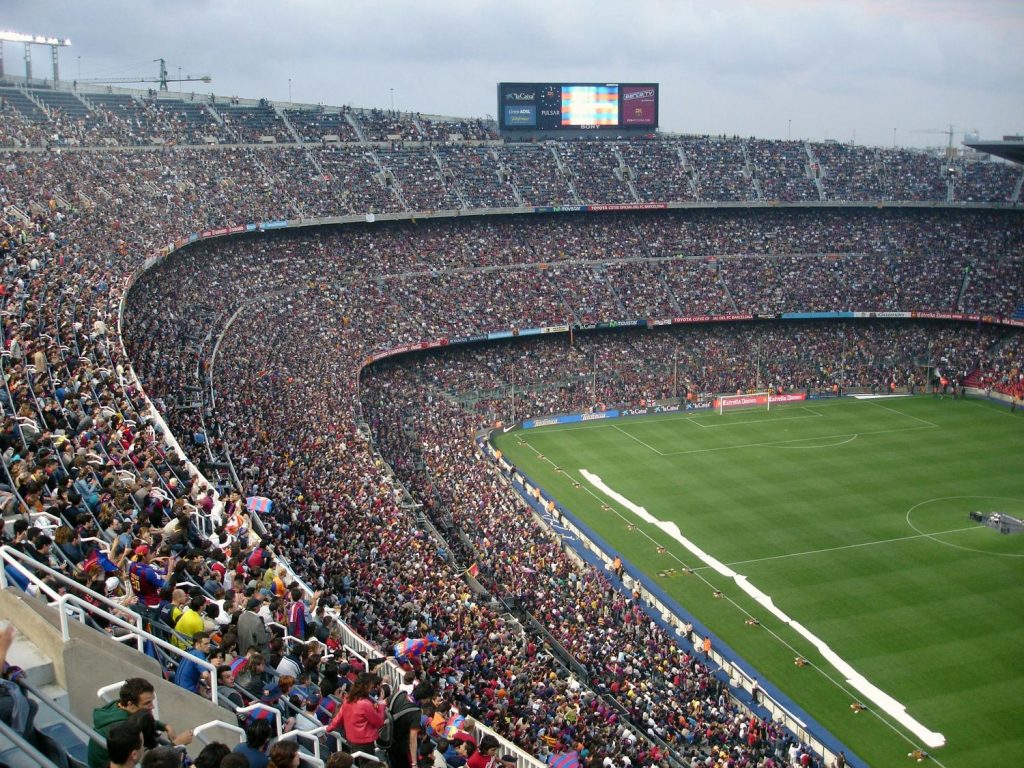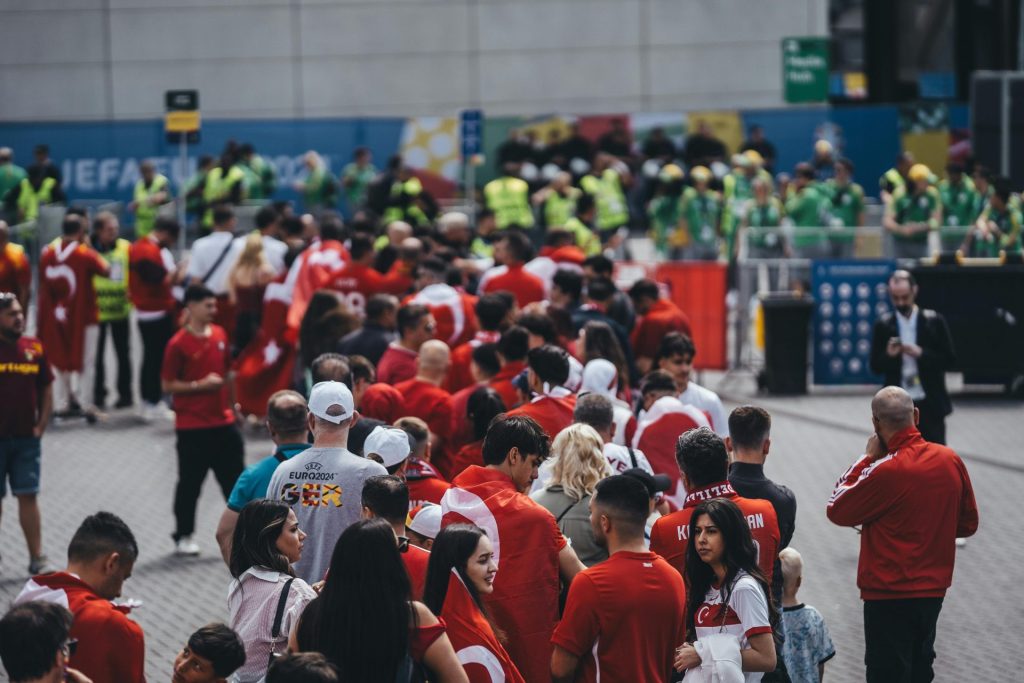The Super Cup is a prestigious football competition that typically pits the winners of two major tournaments against each other. It has become an important fixture in European and global football, symbolizing the clash of champions. Over the years, different variations of the Super Cup have emerged, each with its own history and significance.
Tonight at 21:00 the UEFA Super Cup final between Real Madrid (with debutant Kylian Mbappe) the UEFA Champions League winner and Atalanta Bergamo the UEFA Europa Leaque winner will be playedin Warschau.
Origins in Europe: The UEFA Super Cup
The concept of a Super Cup first gained prominence in Europe with the establishment of the UEFA Super Cup in 1972. The idea was proposed by Anton Witkamp, a Dutch journalist, as a way to determine the best team in Europe by having the winners of the European Cup (now the UEFA Champions League) face off against the winners of the Cup Winners’ Cup. The inaugural match in 1972 was unofficial, but the concept quickly gained traction.
The UEFA Super Cup officially began in 1973, with Ajax, the European Cup winners, defeating AC Milan, the Cup Winners’ Cup holders. Initially, the Super Cup was played over two legs, one at each team’s home ground. This format lasted until 1998, when it became a single-match event held at a neutral venue, traditionally in Monaco’s Stade Louis II until 2013. Since then, the venue has changed yearly, with cities across Europe hosting the match.
Over time, the UEFA Super Cup has grown in prestige, becoming a coveted trophy that showcases Europe’s top clubs at the beginning of each season. The match has featured some of the biggest names in football, with Real Madrid, Barcelona, and AC Milan being among the most successful clubs in its history.
Expanding the Concept Globally
The idea of a Super Cup has extended beyond Europe, with several other football associations adopting similar competitions. For example, the Supercoppa Italiana, founded in 1988, brings together the winners of Serie A and the Coppa Italia. Likewise, Spain’s Supercopa de España, established in 1982, pits the La Liga champions against the Copa del Rey winners.
Globally, the Recopa Sudamericana in South America, founded in 1989, mirrors the UEFA Super Cup by featuring the Copa Libertadores champions against the winners of the Copa Sudamericana. These matches are often seen as the curtain-raisers to the domestic or continental football seasons, generating significant interest and excitement.
Evolution and Modern Era
In recent years, the Super Cup concept has evolved, with some competitions incorporating new formats. The Spanish Supercopa, for instance, expanded in 2019 to include four teams: the top two from La Liga and the Copa del Rey finalists. This format change has added a new level of competition and intrigue.
The Super Cup, whether in Europe or other regions, continues to be a celebration of football excellence, offering a thrilling encounter between top teams. It not only serves as a prelude to the season but also provides fans with an opportunity to see their teams compete for silverware early in the year.
As football continues to grow globally, the Super Cup’s relevance and prestige are likely to endure, symbolizing the ultimate clash of champions.
- The 2025 Ballon d’Or: A New Era of Football Greatness - October 3, 2025
- Ballon d’Or 2025: Meet the 30 Men’s Nominees - August 7, 2025
- World Cup Qualifiers Explained – How Each Continent Competes for a Spot at the World Cup - June 10, 2025



